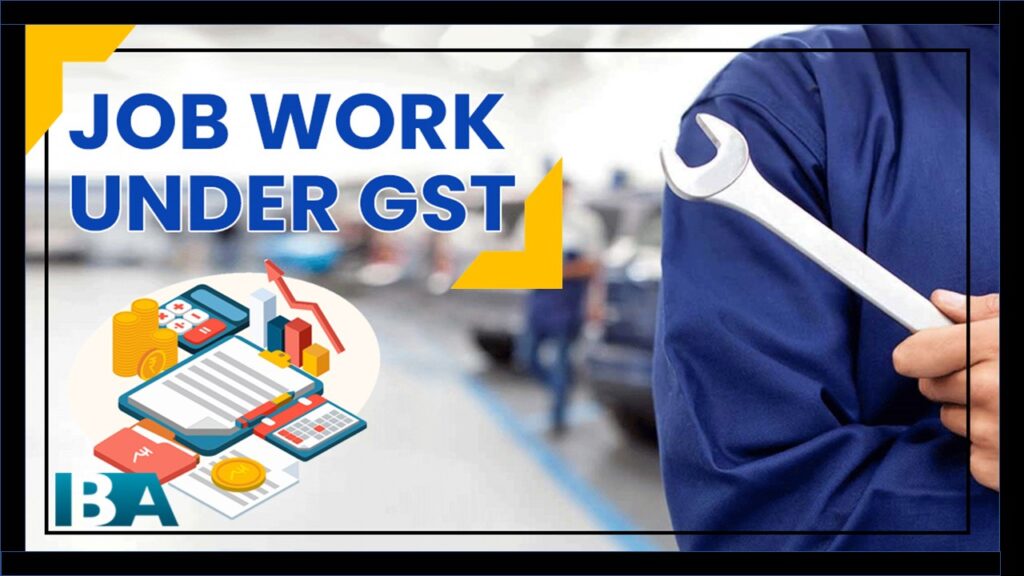- March 25, 2021
- Posted by: IBA LLP
- Category: Tax, Updates

Job work implies outsourcing a part or the whole process in manufacture of a product by the principal manufacturer to a ‘Job Worker’.
In the GST Regime, goods can be sent out for further processing and received without payment of tax at either end. This releases the ‘job workers’ from the responsibility of availing input tax credit and paying output GST.
There were two major challenges in the erstwhile law which incited confusion with the taxpayers- “Input tax credit & Documentation on account of sale” and “treatment of waste and scrap” remaining after Job work.
However, GST has solved first major challenge in following two different frameworks.
- Goods sent to Job worker: Principal is entitled to avail Input Tax Credit of GST paid on inputs acquired for Job work, even when goods have been directly sent to the job worker instead of through the principal. However, ITC is only available on the condition that after processing, the inputs and capital goods must be received back to the principal within a stipulated time of one year and three years, respectively. Although, such condition is not applicable in case of moulds and dies, jigs and fixtures or tools.
- Sale of goods after Job work: Principal may either bring back the processed goods and supply them from his own premises or he may supply such processed goods directly from job workers premises on payment of tax. However, in respect of supplies made directly from the job workers place (where job worker is unregistered), it is required that job worker’s place shall be added as additional place of business by the principal in his GST Registration. There is no such requirement where the Job worker is registered. Under the GST regime, the inputs shall be sent to Job worker without payment of tax on basis of “Delivery challan”). The challan may be issued by the principal or the job worker, when sending goods to another job worker.
The second major challenge under Job work arises in respect of waste and scrap remaining after the job work. The Scrap may be supplied by the job worker directly from his place of business on payment of tax, if such job worker is registered, or by the principal if the job worker is not registered. However, the principal is not required to be bring back the scrap generated at the job worker’s end.
Often, the job worker is permitted to retain the scrap and its value is adjusted when computing labour charges. In that case, considering the provisions of the Valuation Rules, scrap value will have to be added to labour charges for payment of GST thereon by the job worker.
It is not obligatory for the principal to follow the job work provisions. The principal can send the inputs after payment of GST without following the special procedure. In such a case, the job-worker would take the input tax credit and supply back the processed goods (after completion of job-work) on payment of GST.
In the present competitive economy, implications under GST law on the aspects related to job work transactions are very crucial and it is important for the taxpayers to be aware of the complete implications to avoid additional costs. The manufacturer would surely see a reduced cost because of the seamless credit in the GST regime at all stages of job work. However, the interest costs would burden the principal if the goods sent for job work are not received within the prescribed time limit of 1/3 years. Thus, proper track of the goods must be kept from the date of removal and till the receipt of the same back by principal.
Author: Abhishek Manchanda
